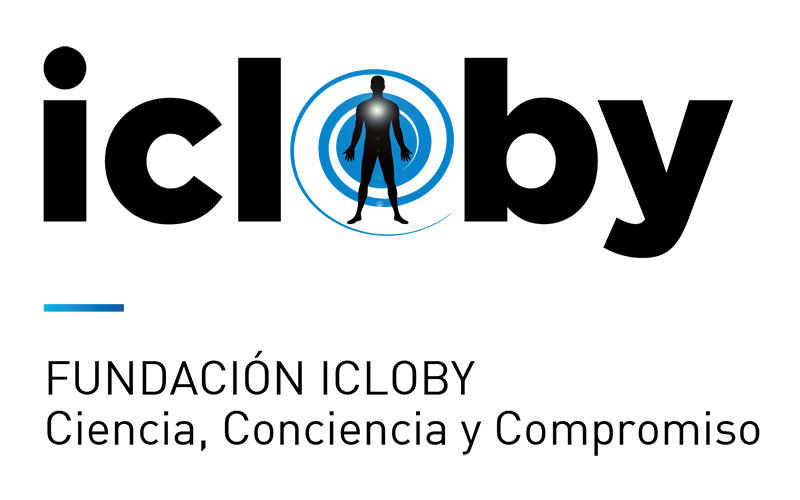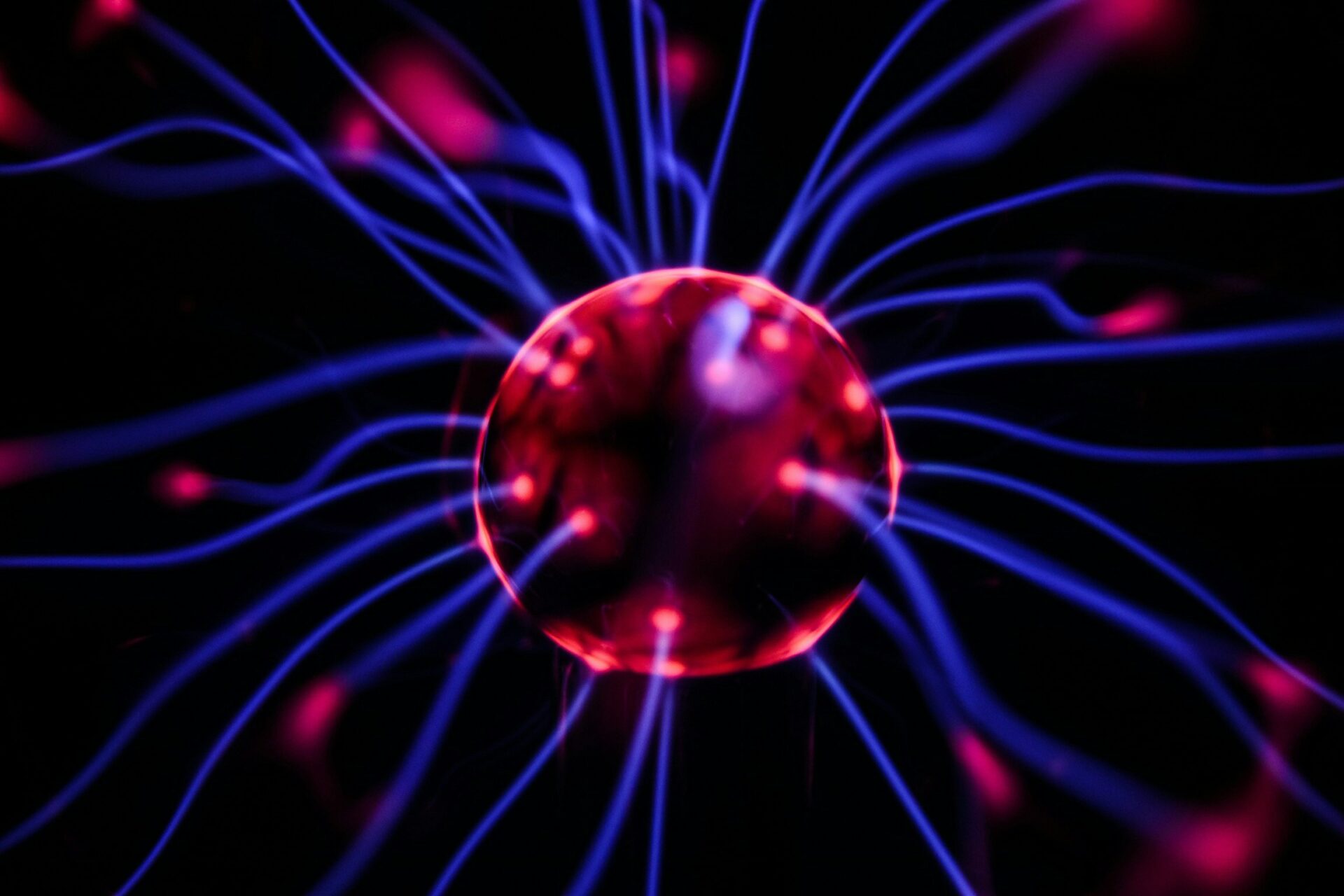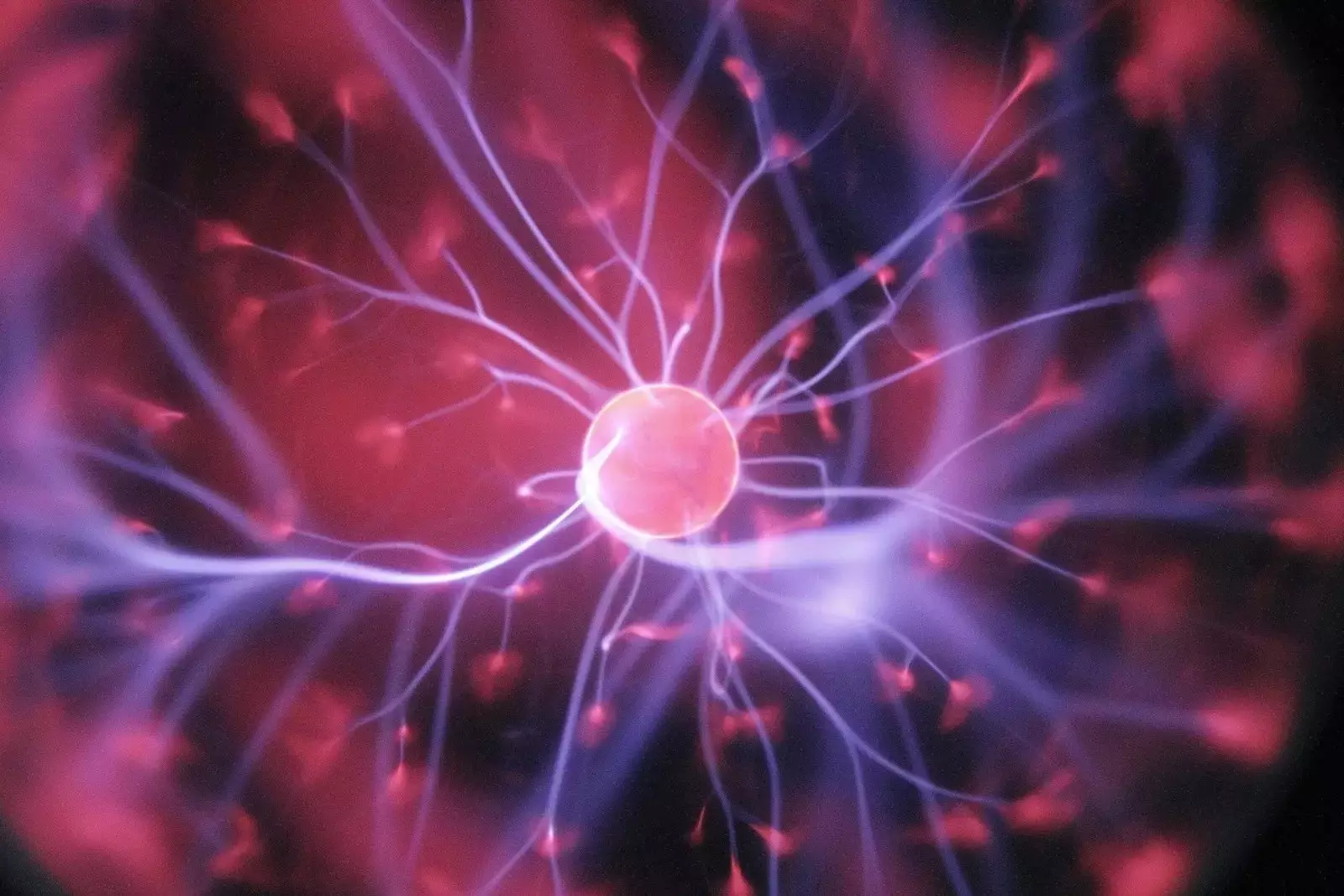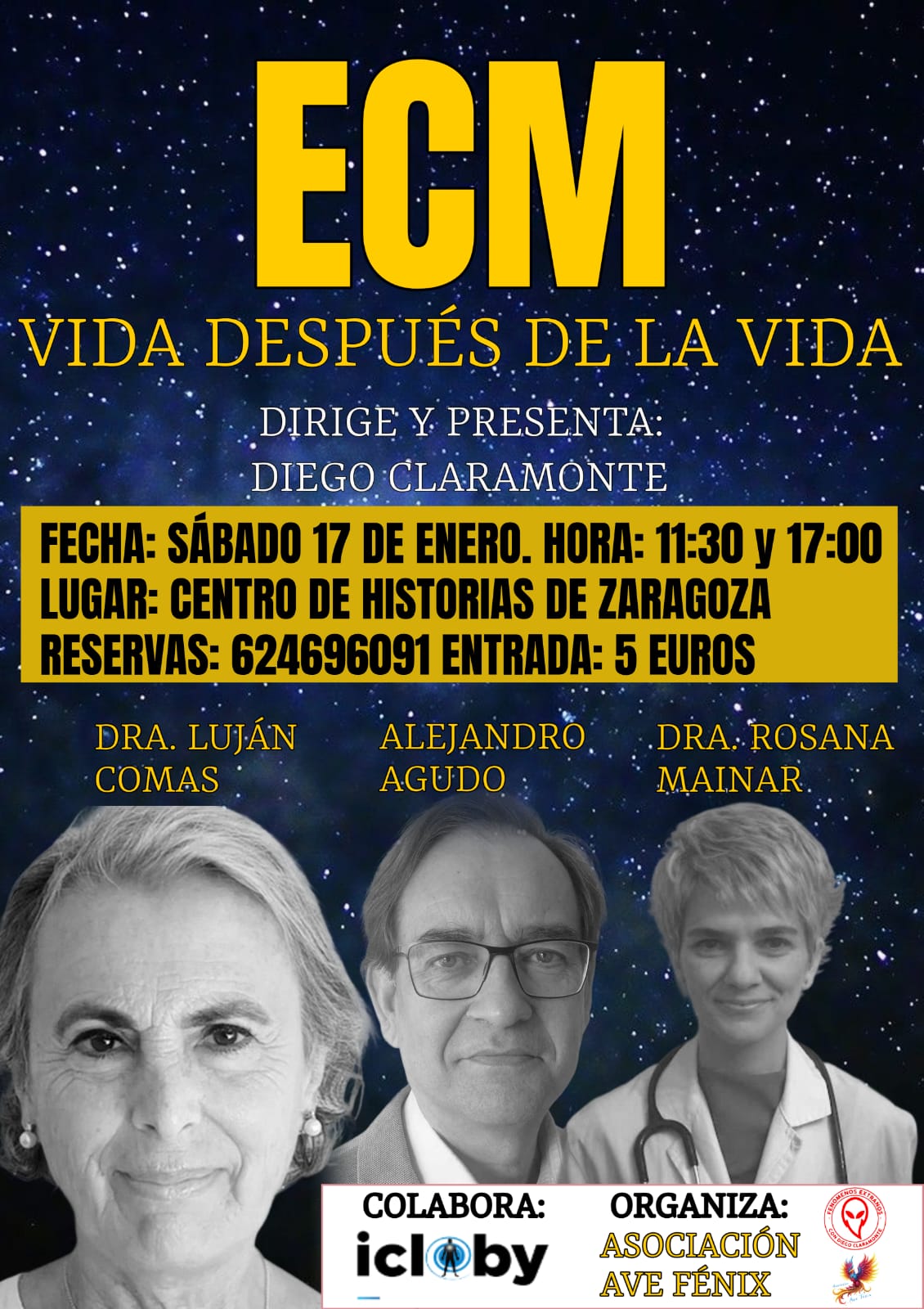تحت عنوان “أطباء الأعصاب في جامعة ستانفورد يكتشفون أصل التجارب التي نمر بها قبل أن نموت”.,نشرت هذه الصحيفة الرقمية الإسبانية المقال التالي:
"لقد وجد فريق من أطباء الأعصاب المفتاح الذي لا لبس فيه والذي يفسر بشكل علمي تجارب الخروج من الجسم"
تجارب الخروج من الجسد لا علاقة لها بالتصوف أو الروحانية.
اكتشف مجموعة من أطباء الأعصاب الإجابة على أحد الألغاز العظيمة التي استغرقت ساعات لا حصر لها في البرامج المخصصة للسحر والتنجيم, المجهول, وغيرها من هراء التفكير السحري: لماذا يقسم الكثير من الناس أنهم رأوا أنفسهم خارج أجسادهم أثناء تجارب الاقتراب من الموت؟? كما هو الحال دائما, الإجابات على ما لا نفهمه لا تقع على عاتق المتصوفين أو محتاليهم التلفزيونيين, ولكن مع العلم
دكتور. جوزيف بارفيزي, أستاذ علم الأعصاب في جامعة ستانفورد, بدأ تحقيقه عندما زاره مريض يعاني من هذه الظاهرة, المعروفة بتجربة الخروج من الجسد. لا تتم مواجهة هذه التجربة بالقرب من الموت فحسب، بل أيضًا في ظروف أخرى لا علاقة لها بصعود النفوس إلى السماء والسفر النجمي., مثل تعاطي المخدرات أو, في د. منزل بارفيزي, الصرع.
ماذا اكتشفوا?
في مقابلة مع الإذاعة الوطنية العامة, وأوضح بارفيزي كيف تغير إحساس المريض بذاته فجأة, تقريبًا كما لو كان مراقبًا لمحادثاته الخاصة. بالإضافة إلى ذلك, شعر كما لو كان يطفو في الفضاء. أثارت هذه الأعراض فضول بارفيزي, الذي اعتقد أن نوبات الرجل يجب أن تؤثر على منطقة من الدماغ تسمى القشرة الجدارية الإنسيّة (لجنة السياسة النقدية).
بحسب بارفيزي, تساعد لجنة السياسة النقدية في إنشاء ما يُعرف باسمنا “السرد الذاتي,” نوع من السيرة الذاتية الداخلية التي تساعد في تحديد هويتنا. يوضح بارفيزي أن هذا الجزء من الدماغ يجعلنا ندرك موقعنا وعلاقتنا بالمكان, أشياء, والناس من حولنا في جميع الأوقات.
من هناك, قرر فريق بارفيزي إجراء تجربة لمعرفة ما إذا كان بإمكانهم إعادة إنشاء أعراض تجربة الخروج من الجسم من خلال التحفيز الكهربائي لـ MPC. في دراستهم, منشورة في مجلة علمية محكمة مرموقة الخلايا العصبية, وخلصوا بشكل لا لبس فيه إلى أن الشخص “النفس الجسدية” يرتبط بموقع محدد في ذلك الجزء الخاص من الدماغ, المعروف باسم الطلل.
وفقا لكريستوف لوبيز, باحث في المركز الوطني الفرنسي للبحث العلمي وغير منتسب للدراسة, ويشير هذا الاكتشاف إلى أن هذه قد تكون هي الطريقة التي يصنف بها الدماغ تجاربنا في البيئة على أنها تجاربنا الخاصة. يقترح لوبيز أيضًا أن عملية هذه الذات الجسدية مرتبطة جزئيًا بالأذن الداخلية, الذي يكتشف حركة الجسم وموقعه في الفضاء. بحث بارفيزي, يؤكد, يقدم دليلا على ذلك.
العلاقة مع الكيتامين
ولكن ليس التحفيز الكهربائي وحده هو الذي يمكن أن يؤدي إلى تجارب خارج الجسم; يمكن للأدوية مثل الكيتامين أن تفعل ذلك أيضًا. كما باتريك بوردون, باحث في جامعة هارفارد كان يدرس تأثيرات الكيتامين على الدماغ, يؤكد, تعمل هذه المادة بشكل مشابه لتحفيز الدماغ الكهربائي على الطلل الأمامي.
ومن المعروف أن الكيتامين - الذي استخدم لعقود من الزمن كمخدر - هو مادة "فصامية". مثل إنزو تاجليازوتشي, عالم أعصاب يدرس الأدوية المخدرة, وأوضح ل نائب مجلة, هذه المادة “يمكن أن تولد شعوراً بالانفصال عن الجسد والنفس, وبجرعات أعلى, تجربة انفصالية كاملة تشترك في العديد من الخصائص مع تجارب الاقتراب من الموت, مثل الشعور بالتواجد خارج الحدود المادية للجسد والتنقل عبر مساحة واسعة, مشاعر النعيم والنشوة, التحرك نحو الضوء, ووجود عتبة غير مرئية ولا رجعة فيها”.
الآثار المترتبة على البحث ومستقبله
في حالة الوفاة, كما نشرت دراسة في الحدود يشرح, يمكن للجسم أن ينتج مادة ذات تأثيرات مشابهة تسمى DMT (ن,ن- ثنائي ميثيل تريبتامين)- قلويد موجود في العديد من النباتات والكائنات الحية, بما في ذلك البشر، وهو ما قد يؤدي إلى الإحساس برحلة خارج الجسم والنشوة من خلال التأثير على الطلل الأمامي قبل الشروع في الرحلة النهائية إلى العدم.
هذا الاكتشاف لا يحل هذا اللغز فحسب، بل له أيضًا آثار مهمة على فهمنا للوعي البشري وكيفية معالجة الدماغ للتجارب.





